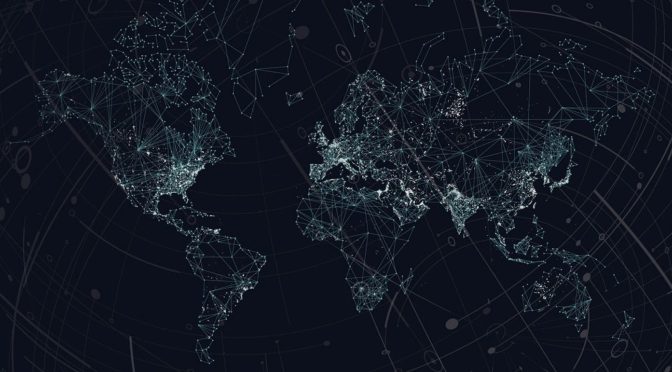The term New World Order (NWO) refers to a conspiracy theory suggesting the emergence of a centralized global government designed to control every aspect of human life. Advocates of this theory claim that an elite group of powerful individuals or organizations is covertly working to establish a totalitarian world government. While the theory lacks credible evidence, it continues to thrive in political discourse and internet culture.
Overview of the New World Order Theory
The idea of the New World Order has roots in fears of centralization of power. It gained momentum in the 20th century with events such as the formation of the League of Nations, the United Nations, and other global governance initiatives. Conspiracy theorists argue that these institutions are stepping stones toward a global dictatorship.
Core Beliefs:
- Elite Control: A cabal of influential figures—often referred to as the Illuminati, global financiers, or secret societies—is believed to be orchestrating this shift in power.
- Surveillance and Compliance: Modern surveillance technologies, central banking systems, and widespread propaganda are tools theorized to enforce control over global populations.
- Depopulation and Eugenics: Some versions of the theory allege that methods like engineered pandemics, vaccines, and wars are used to reduce the global population.
Goals of the New World Order
The purported goals of the New World Order include:
- Centralized Governance: Establish a single governing body with authority over all nations.
- Economic Uniformity: Control global markets and impose a unified currency, phasing out traditional financial systems.
- Eradication of Sovereignty: Dismantle national borders and sovereignty to create a unified global state.
- Cultural Homogenization: Enforce cultural and ideological conformity through media and education.
- Complete Surveillance: Monitor and control individuals through advanced technologies, limiting dissent and resistance.
Methods Alleged by Theorists
Proponents of the NWO theory suggest several methods through which the global elite are achieving their goals. These include:
- Control of Global Institutions:
Organizations such as the United Nations, World Health Organization (WHO), and World Economic Forum (WEF) are seen as vehicles for global control. - Economic Manipulation:
The banking system, particularly central banks, is accused of creating economic crises to consolidate wealth and impose stricter financial controls. - Technological Domination:
Digital currencies, social credit systems, and mass surveillance are viewed as tools to enforce compliance and eliminate privacy. - Media and Propaganda:
Mainstream media is accused of spreading misinformation and suppressing dissent to maintain public support for globalist policies. - Manufactured Crises:
Theories often cite events like wars, pandemics, and climate change as fabricated or exaggerated crises designed to justify authoritarian measures.
Criticism and Debunking
While the New World Order theory attracts significant attention, it has been widely criticized for lack of evidence and reliance on speculative narratives. Historians and political scientists point out that:
- Coincidence vs. Conspiracy: Many events attributed to the NWO can be explained by political, economic, or social trends rather than a coordinated effort.
- Fear of Globalization: The theory often capitalizes on legitimate concerns about globalization, such as loss of cultural identity and economic disparity.
- Disinformation: The proliferation of the theory online often involves false claims and doctored evidence.
Impact of the Theory
Despite being debunked repeatedly, the New World Order theory remains influential in shaping public discourse. It has fueled skepticism toward institutions, sparked political movements, and, in some cases, led to violent acts by individuals motivated by these beliefs.
Conclusion
The New World Order conspiracy theory reflects a deep mistrust of power and fear of global governance. While these concerns can provoke healthy debate, the theory often relies on exaggeration and unproven claims. As with all conspiracy theories, critical thinking and fact-checking remain essential to separate fact from fiction.
